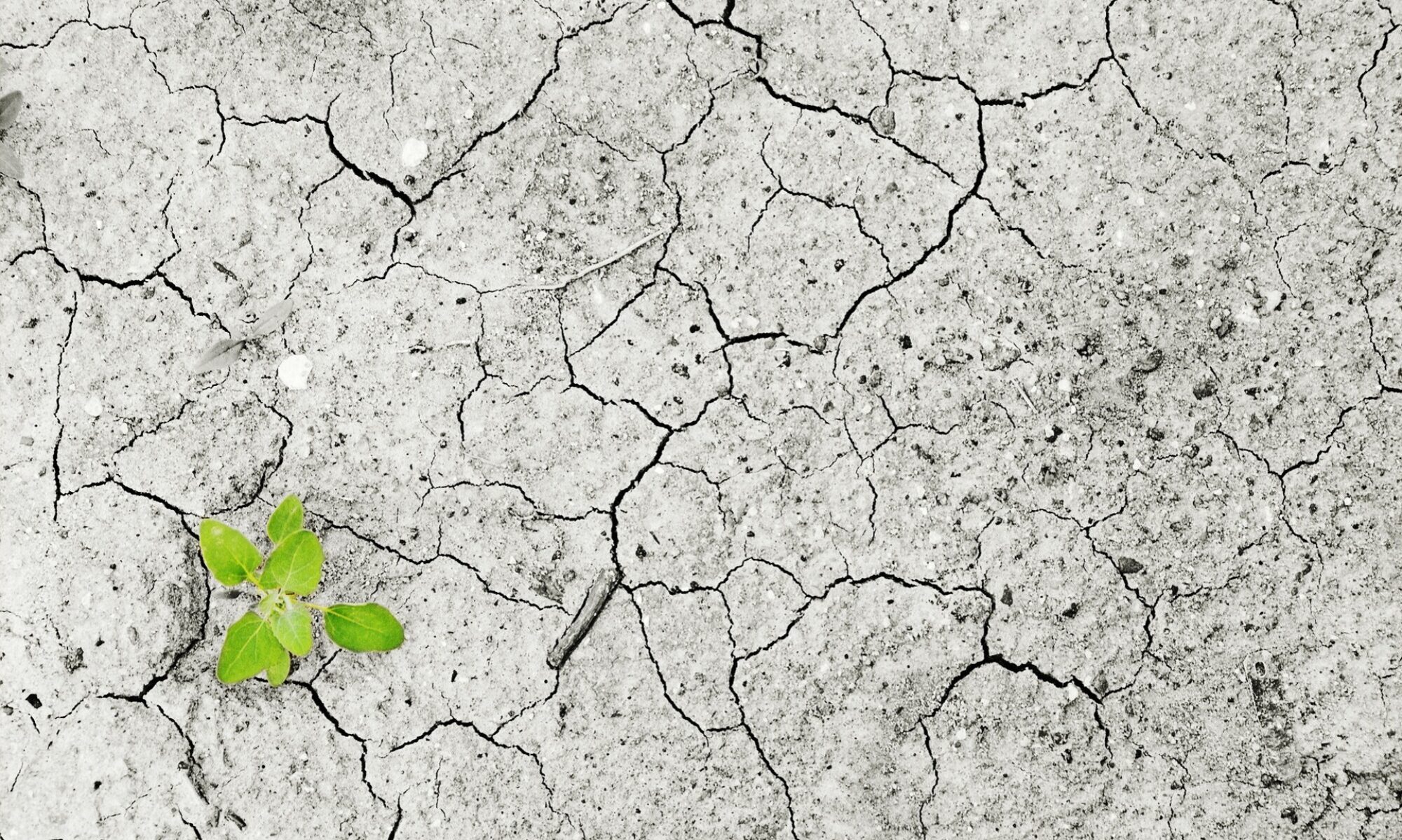31 October 2022 – by Cosmo Sanderson
Devastating and historic flooding in South Sudan has affected almost one million people and transformed one city into an island amid rising waters, as the United Nations’ refugee agency pleads for international support.
Speaking in Geneva this month, UNHCR spokesperson Boris Cheshirkov said that while global attention is currently directed “elsewhere” – a possible reference to the ongoing war in Ukraine – South Sudan’s “protracted and chronically underfunded crisis needs urgent support.”
Two thirds of South Sudan is currently experiencing flooding after a fourth consecutive year of record-breaking rains fuelled by climate change, said Cheshirkov. Over 900,000 of its 11 million population are directly affected.
“Waters have swept away homes and livestock, forced thousands to flee, and inundated large swathes of farmland, worsening an already dire food emergency,” he said. “Boreholes and latrines have been submerged, contaminating water sources and risking outbreaks of diseases.”
Bentiu, the capital of the country’s northern Unity State, has become an “island surrounded by floodwaters,” continued Cheshirkov. “All roads in and out are impassable and only boats and the airstrip serve as lifelines for humanitarian aid.”
Camps for displaced people are below the current water level. Inhabitants are “working around the clock” with pumps, buckets, excavators, and heavy machinery to keep the water at bay and prevent dikes that have been constructed from collapsing, he said.
South Sudan has received less than half of the US$215 million the UNHCR says it needs this year. An estimated 2.2 million people are displaced within the country as a result of the flooding and conflict that has plagued the world’s newest country, which declared independence in 2011.
“The threat [is] of worse to come as the climate crisis accelerates,” said Cheshirkov.
Beyond South Sudan, the UNHCR has warned of “surging needs” for more than 3.4 million displaced people following destructive flooding in Nigeria, Chad, Niger, Burkina Faso, Mali and Cameroon. In the Horn of Africa, Somalia is meanwhile teetering on the precipice of famine following a historic drought that has displaced more than a million people.
A recent report warned that Africa is receiving a fraction of the finance it needs to reduce emissions and adapt to global warming.
Image credit: UNHCR/Charlotte Hallqvist




